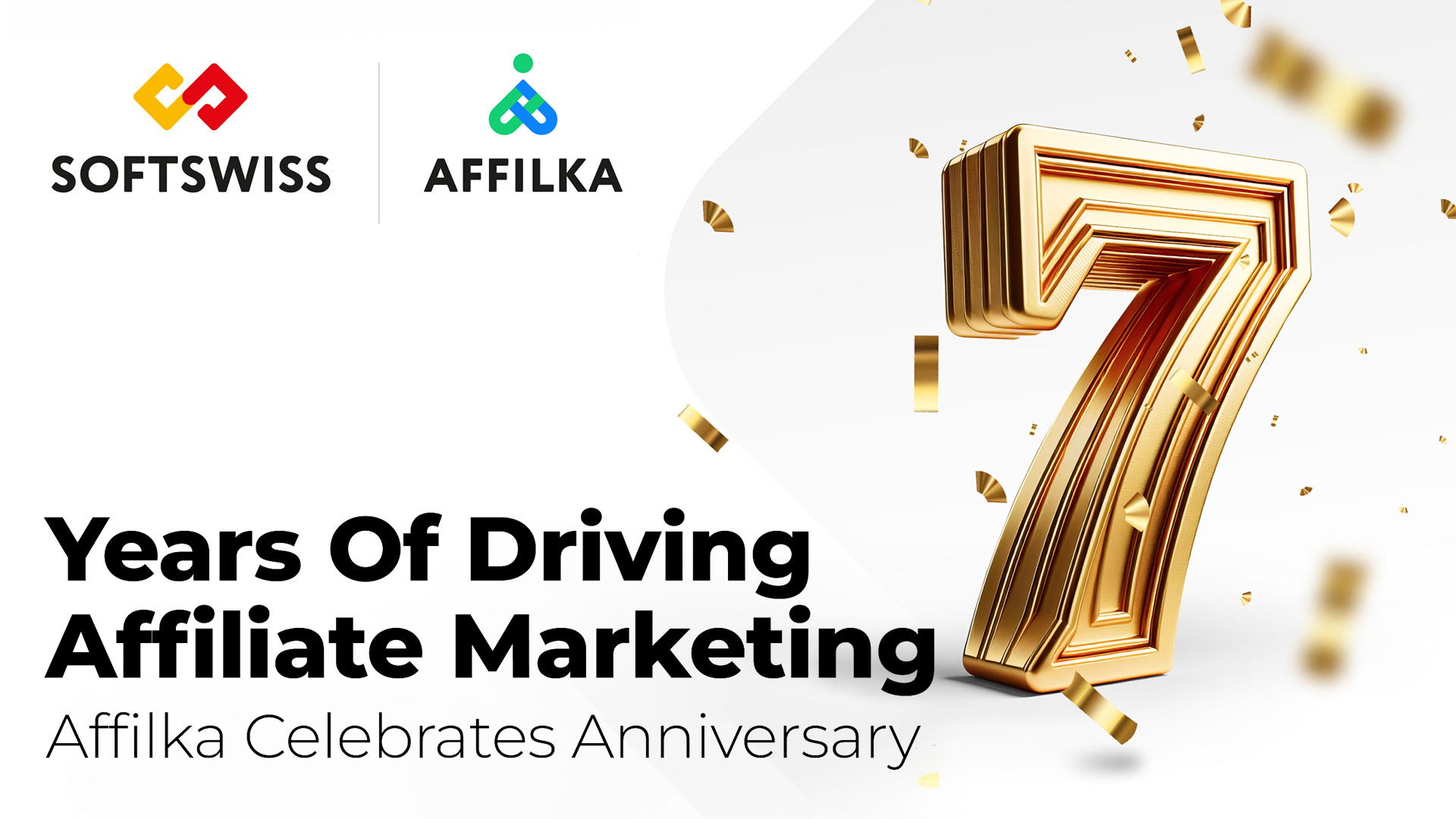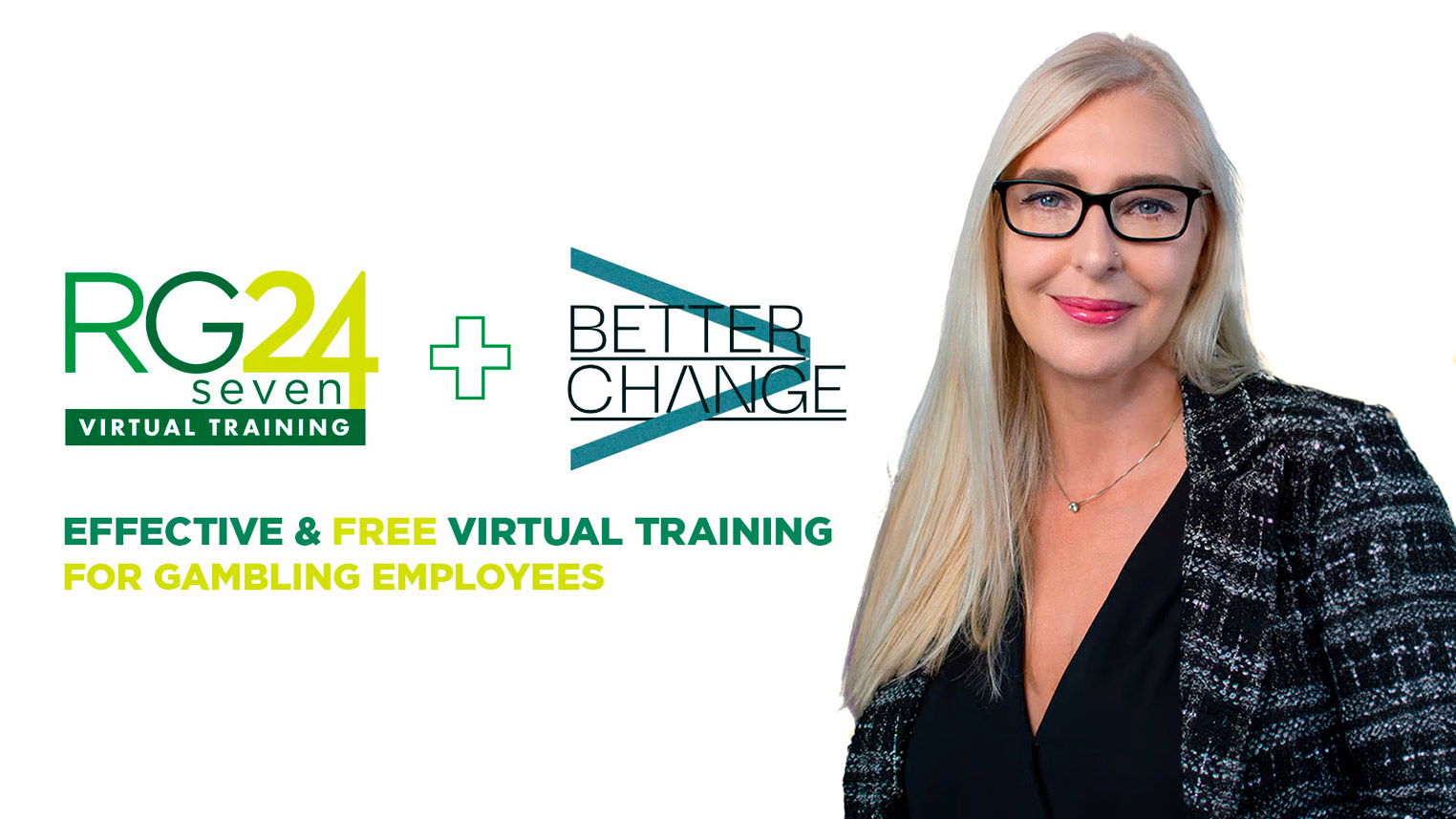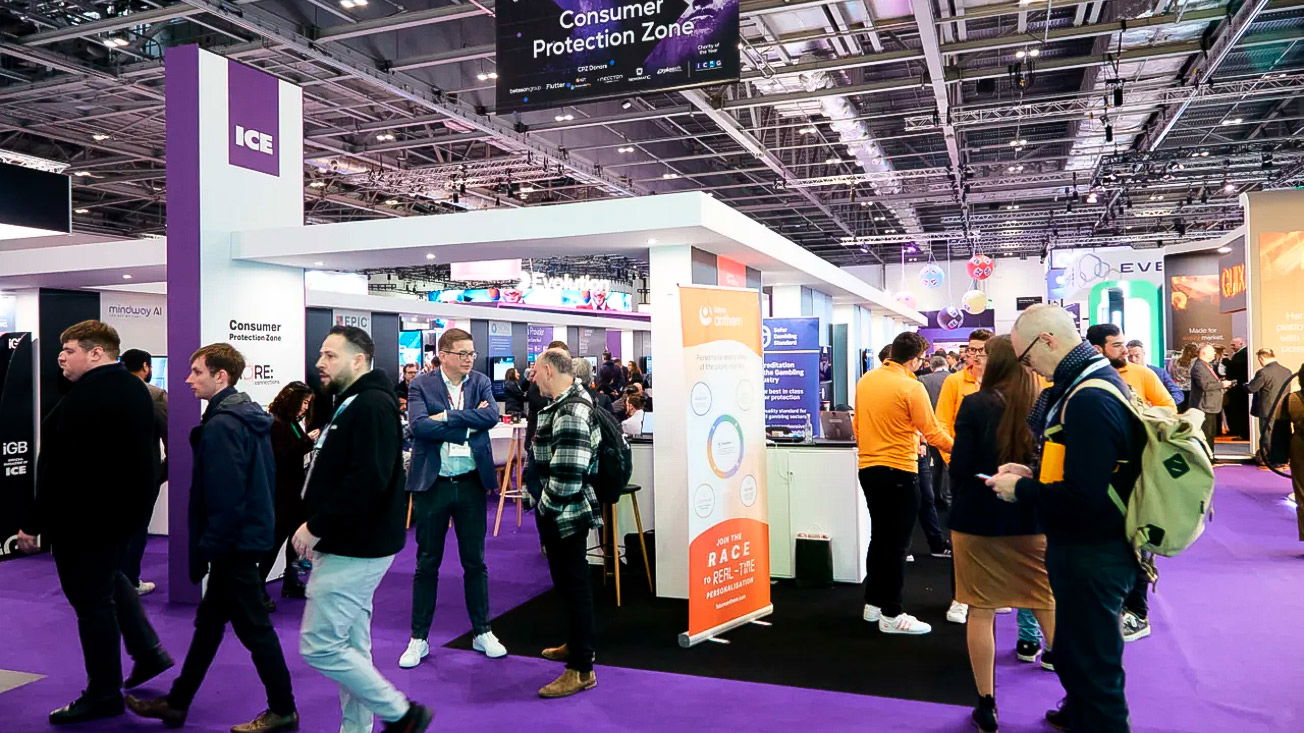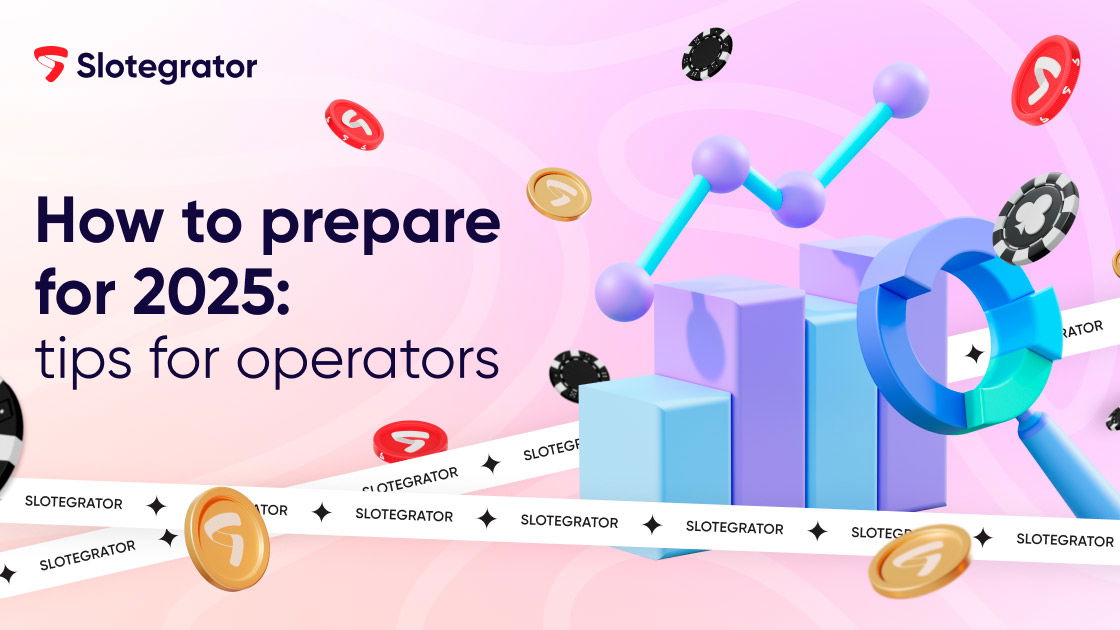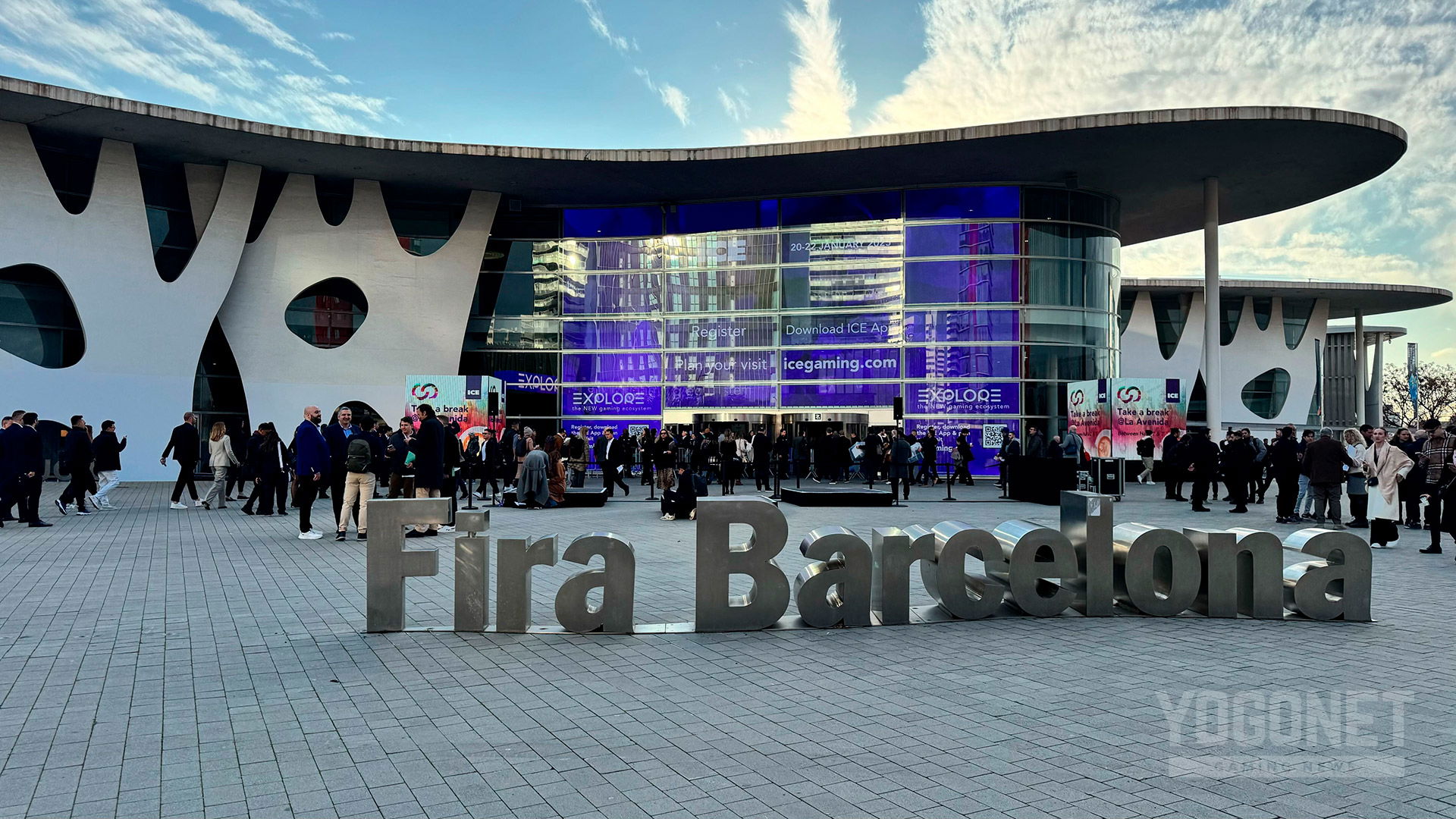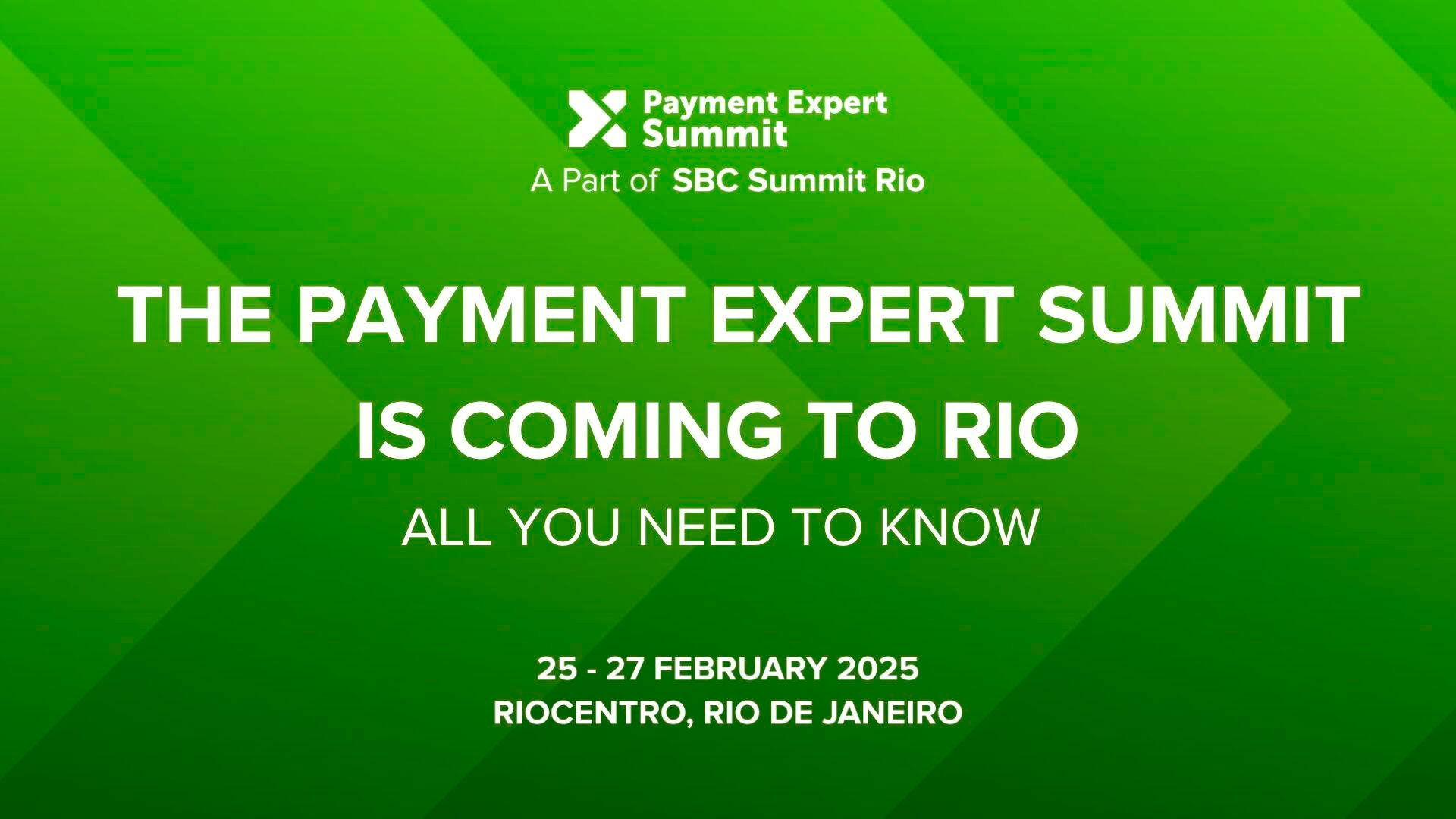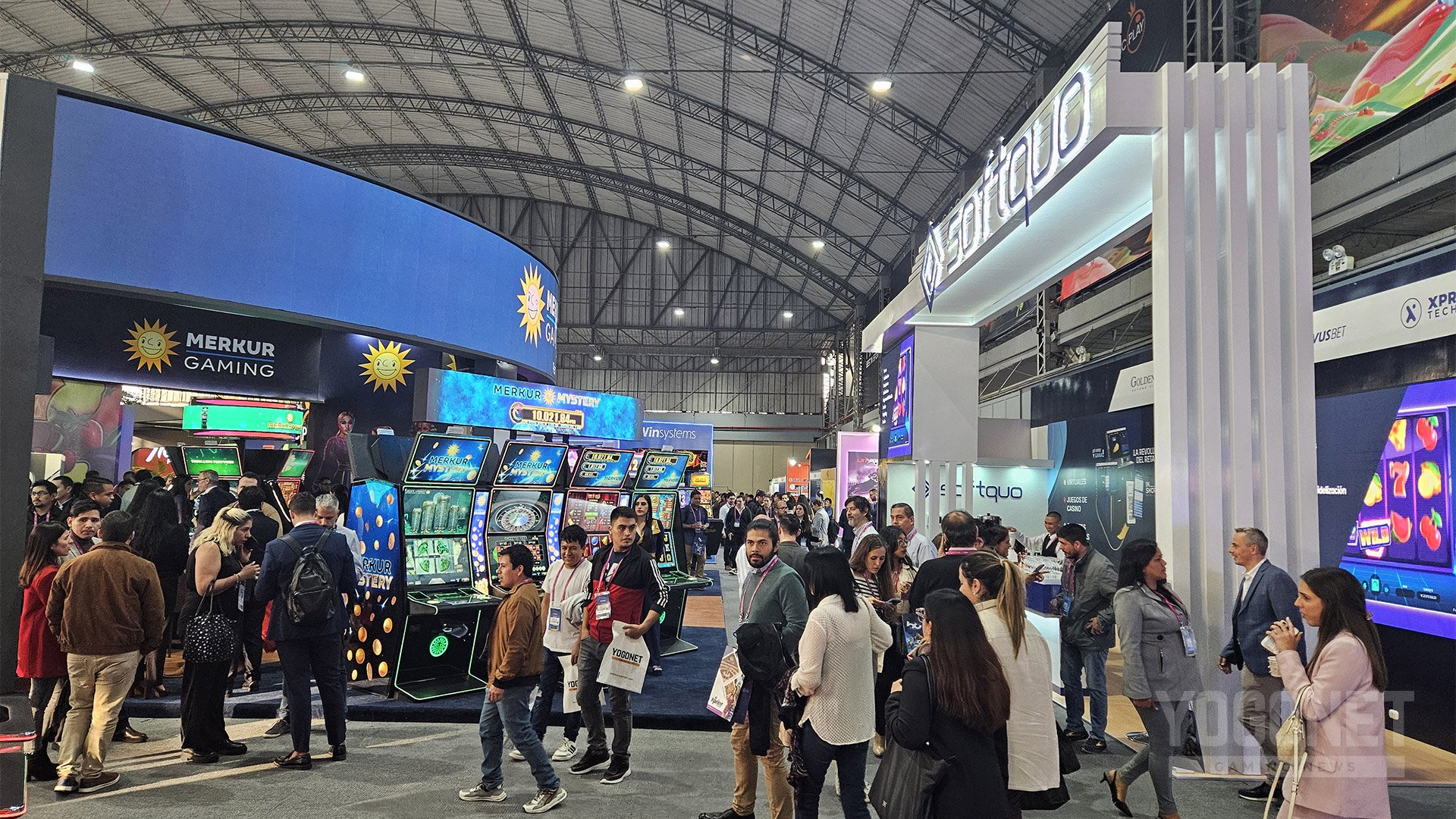Yuri Guerra: "Peru will begin a much more frontal regulation process on November 16"

Within the framework of the SBC Summit Latinoamerica exhibition, a panel was held to discuss the current situation of online gaming in Peru, with the participation of important operators and specialists. The event also included the presence of engineer Yuri Guerra, General Director of the General Directorate of Casino Games and Slot Machines of Peru, the regulatory entity under the Ministry of Foreign Trade and Tourism (Mincetur).
During the session, the operators made a series of questions to the Peruvian regulator, who said that "they will face a much more frontal control process, aimed at giving more solidity and transparency to the sector, and strongly support the legal gaming operators in the country." In addition, he announced that the deadline imposed on the operators to have all their documentation presented for their licenses will have an extension until December 31. During this period, each license will be analyzed case by case, and the particularities of each operator will be taken into account to resolve these permits.
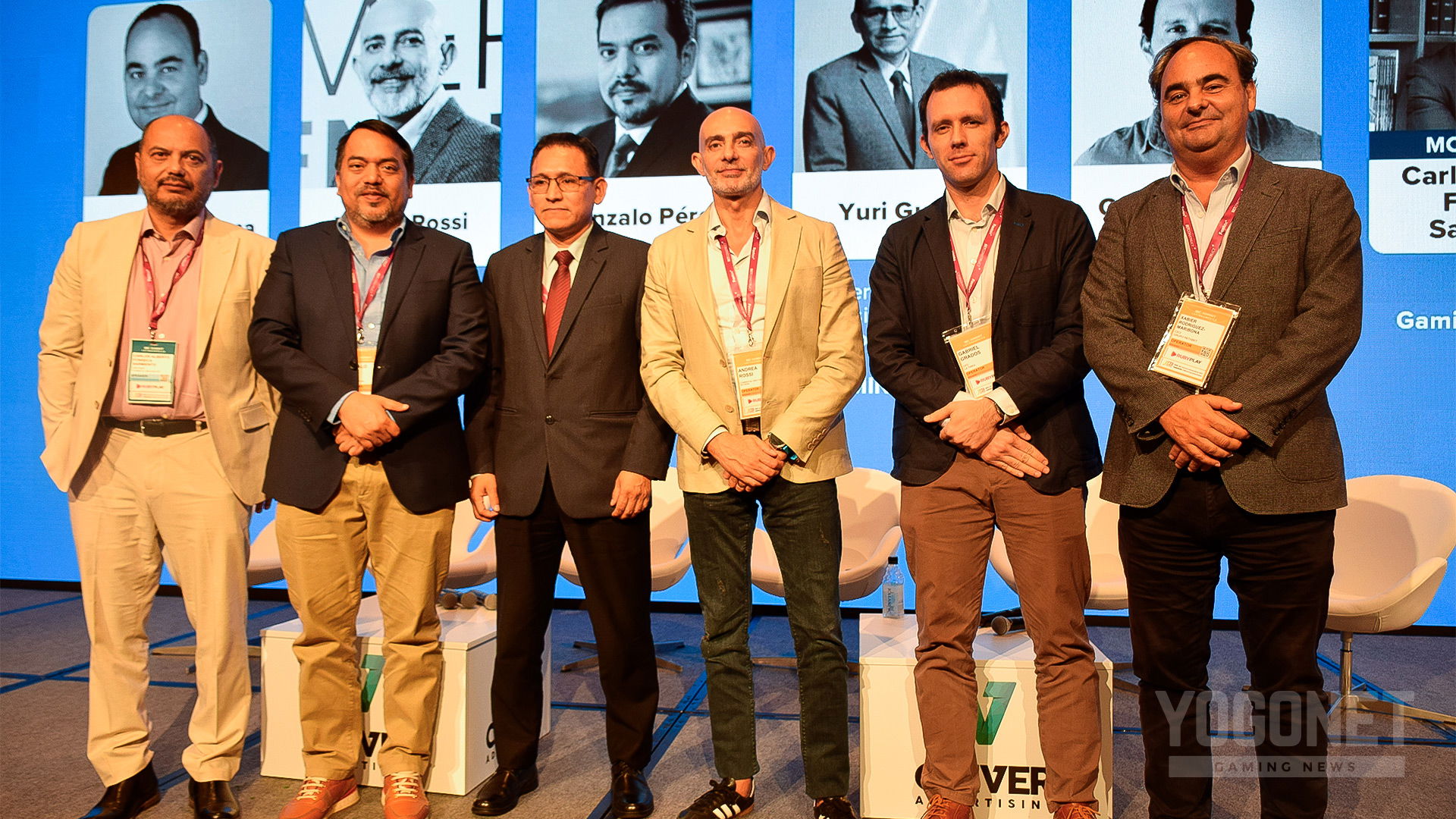
Pablo Zuppi, from Yogonet, spoke exclusively with Mr. Guerra after the conference.
According to what was pointed out in the SBC Summit Latin America conferences, the Mincetur will implement a new much more frontal process to fight illegality in the online gaming sector. How is this process going to work and from what date will the measures be implemented?
We have established that the General Directorate of Casino Games and Slot Machines, as of November 16, will promote much more frontal control actions, both in the online gaming segment as well as in the land-based vertical, intervening in retail establishments throughout the country where we detect illegal gaming operations.
We have already carried out a detailed study of the informal sector, and we understand that approximately 30% is operating irregularly, even with retail premises. We are going to start to carry out operations, firstly in the land-based sector, although in parallel we will work on the online part, identifying the websites and preventing the access of players.
We are checking site by site, verifying who their suppliers are, and seeing if any of these suppliers belong to or are in our registers, to give them a reasonable period and, from there, start our actions of control and blocking of these pages.
What punitive measures have you planned?
The first thing is the blocking of the site, and if we find any supplier that is registered with us, it will be removed from the Peruvian registry, so it will be out of the Peruvian legal gaming market. We also foresee fines of 200 UIT, which currently represents almost one million dollars, and the disqualification of the managers, directors, and partners of these companies, who will never be able to belong to the Peruvian market, since they will be removed permanently from the legal activity.

Regarding the formalization process that you have carried out in this segment, what is your assessment approximately one year into the process?
First, I would like to thank the companies that have believed in Peruvian regulation and decided to invest in the country. The truth is that in practically six months, we have managed to formalize the activity in its first phase, identifying the operators and authorizing them to operate in our market.
We are culminating the second phase, which consists of the registration of the platforms and the gaming programs; and we have two more phases, which have to do with the issue of other service providers, so that finally next year, we understand that in March, we will be able to close the four phases of operation. Why have we done it in phases? Because this is a maturing market: I cannot turn a blind eye to this reality, and in a single phase trying to close a whole circle. We did it in the in-person segment and this process took three years.
Now we are doing it in virtual games, and in a very fast process because we know the sector a little better, we believe in investment and now we are more prepared than before to face this type of situation. This is because we are in direct and daily contact with the suppliers, the operators, with the service providers, and we work in an articulated way with all of them.
There is no better thing than working in an articulated way among all the stakeholders in the activity. The Ministry, as the regulatory body, has to position itself (and is positioning itself) per the Peruvian reality and the international situation, and it is from this information that we draw on to try to make the best possible regulation, under the reality of the sector. We intend to achieve 100% formality, to serve as an example for all regions. And as I said in the conference panel, a company that is formalized grows.
Based on the valuations and estimates you have in your possession, how many companies do you think will finally be operating legally in Peru at the end of this formalization process?
I estimate that we are going to stay at an average of 70 to 80 companies because I know that some of them, which have not yet been formalized, are going to enter and are already beginning to do so. They are realizing that it is better to formalize because they know that Mincetur not only says “what it is going to do”, but it actually does it, because its prestige is at stake.
The prestige of Mincetur as an institution and as part of the State is based on the fact that it fulfills its commitments to the formal operator. That is our commitment, and that is how it will always be.






